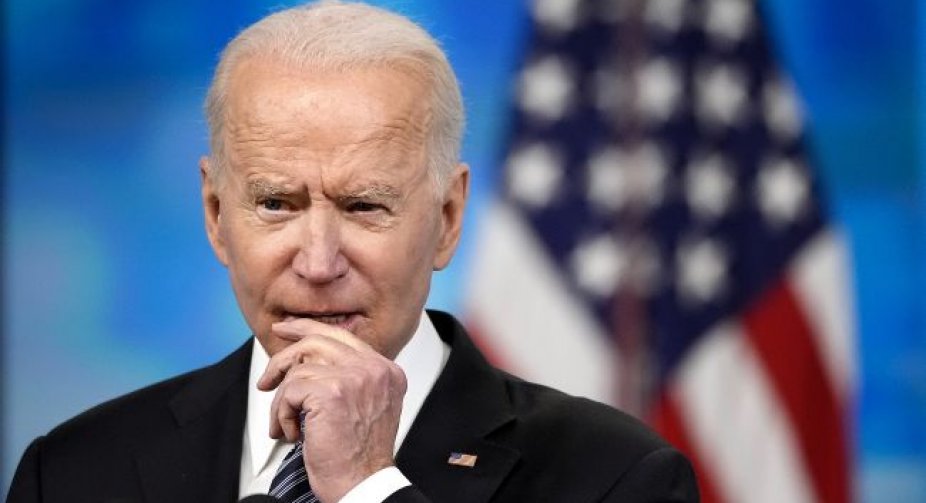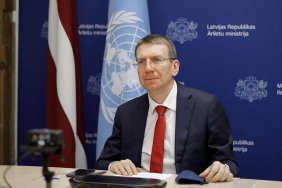The White House and Republican leaders in Congress have worked hard to consolidate support around an earlier agreement to raise the US borrowing limit, with members of both parties expressing concerns about various provisions.
This is reported by CNN.
American President Joe Biden welcomed the agreement, and during his speech, the head of state said that it "prevents the worst possible crisis - a default for the first time in the history of our country."
However, even after House Speaker Kevin McCarthy released the legislative text of the bill Sunday night, the "marathon" was far from over, and "little confidence remains that the nation will avoid default," the publication noted.
The "agreement in principle" reached by the White House and Republicans was the result of intense negotiations that took place throughout the past week.
The arrangements include:
raising the national debt ceiling for 2 years,
freezing costs for internal programs,
increased spending on defense and veterans,
introduction of new requirements for federal food assistance programs,
changing some rules regarding obtaining permits for the extraction of energy carriers.
The agreement contains provisions intended to persuade members of both parties to vote for the document. However, immediately after the announcement, representatives of Democrats and Republicans opposed certain details, and some threatened to suspend their support.
As Biden stated, he is open to the idea of using the 14th Amendment in the future, which gives the president the right to unilaterally increase the limit to avoid default.
Threat of default in the US
If Biden and the Speaker of the House of Representatives had not reached an agreement the day before, the country would have defaulted. The government would not be able to borrow money to cover expenses and this would generally affect the financial markets and jump in interest rates.
So, let's recall that initially the deadline for raising the national debt limit in the States was June 1, but later it was moved to June 5.
As National Security Council strategic communications coordinator John Kirby noted, even in the event of default, the US would continue to support Ukraine with military aid.






